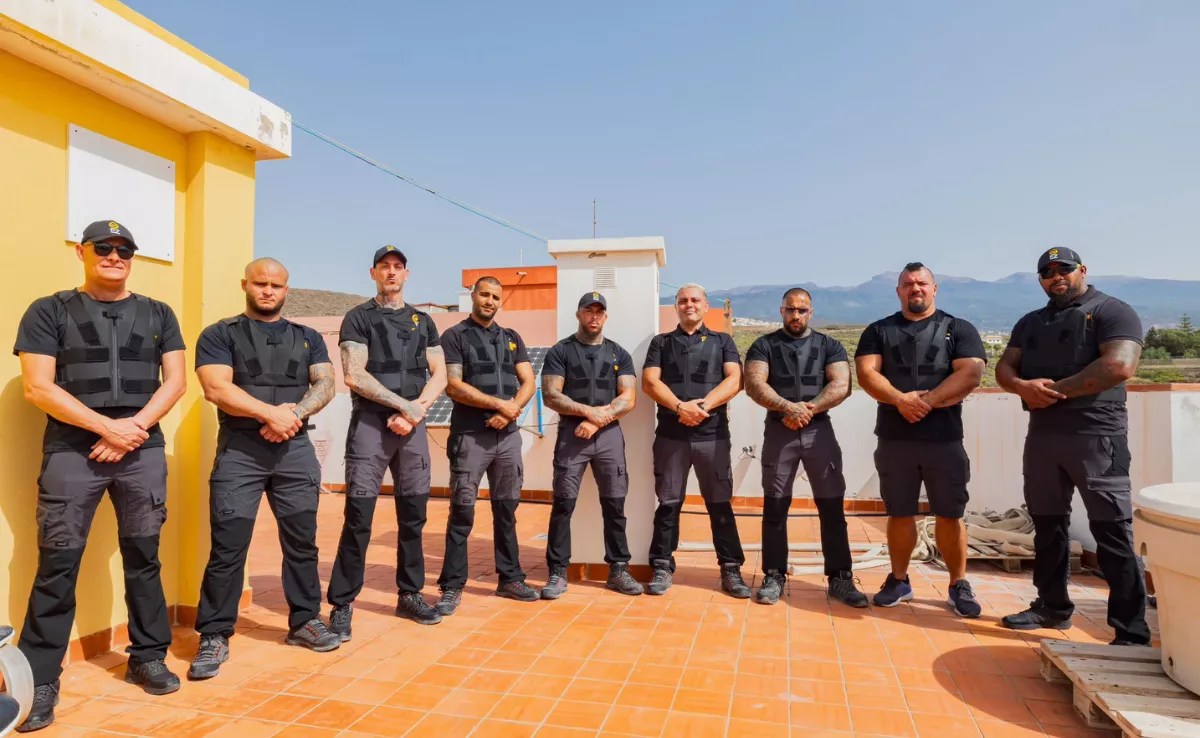
The Government Council of the Canary Islands, following a proposal by the Minister of Universities, Science, and Innovation and Culture, Migdalia Machín, has approved a decree that includes the Auto of the Wise Trio of Tejina in the catalog of intangible cultural assets of the Canary Islands. It has been classified under the category of ‘Social Ritual Uses and Festive Events’.
The Auto of the Wise Trio of Tejina, depicting the Adoration of the Three Wise Men, is recognised as one of the most significant Christmas theatrical performances in the Canary Islands.
Although the exact date of its inception is unknown, there is evidence suggesting that it has been staged continuously since the early 20th century.
Originating from religious and liturgical traditions, the event has evolved over time, increasingly embracing a popular aspect due to the active involvement of the local community. The residents of Tejina have successfully preserved this living tradition, intrinsic to the town’s identity. The dedication of the local community, spanning generations, has safeguarded this intangible treasure, turning it into a living heritage passed down through the ages to this day.
It stands as one of the oldest forms of popular theatre in the Canary Islands and a significant event held annually on January 5th during the festive Christmas period. Over a hundred non-professional actors, including children and adults, participate in staging various moments of the performance, as per a statement from the Executive.
The Auto consists of three episodes: the Annunciation of the angels to the shepherds and their offerings to the Child Jesus; the encounter with Herod, the adoration of the Child Jesus, and the Flight into Egypt.
Characters with speaking roles inherited from past generations include two angels, the three Wise Men, the Virgin Mary, Saint Joseph, Herod, a sentinel, and the shepherds.
Additionally, there are non-speaking characters like other shepherds and a musical group known as tanda, dressed in traditional Canarian attire, performing two classical Christmas pieces: the jotilla and the Divino.
Depending on the editions, over seventy people partake in the performance.
The entire community contributes to the staging of the Auto, with hundreds of individuals actively involved, particularly in the months preceding the celebration.
Participation involves various tasks such as set design, lighting and sound, costumes and makeup, rehearsals, the actual performance, logistics, organization, financing, and promotion – ensuring the successful re-enactment of the event each year.














